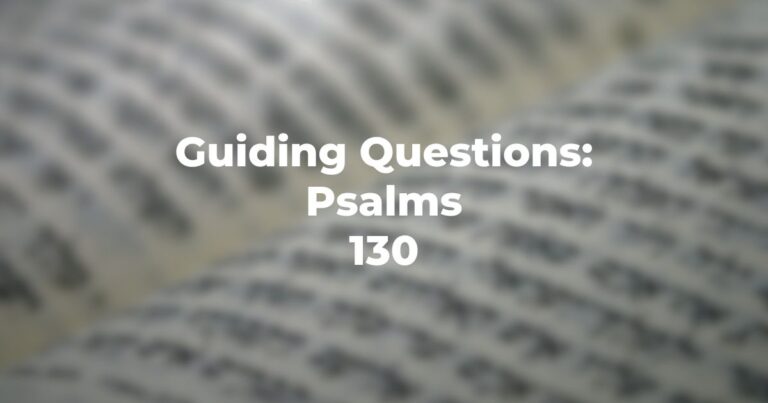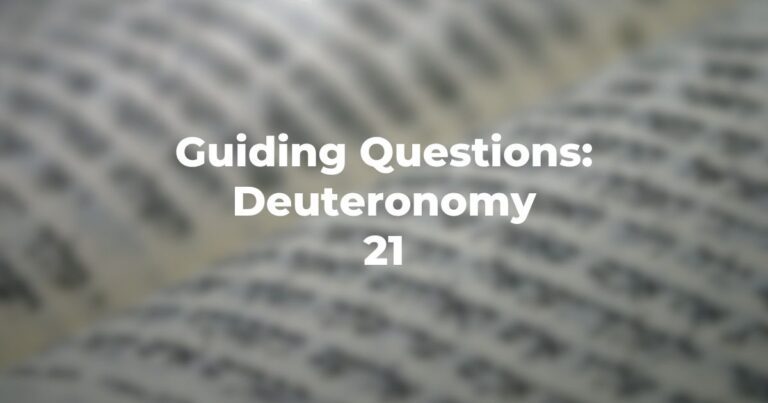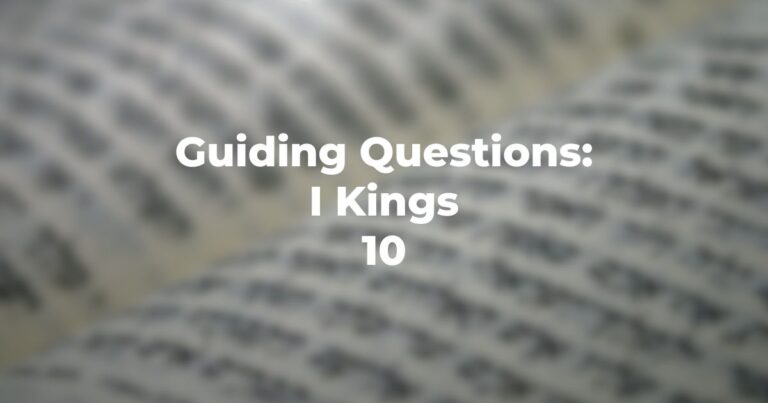- Who succeeds Avimelekh following his death?
- Based on the text are any consequential happenings associated with him?
- Other than a place name, does his successor Yari of Gilead have a record of consequence?
- The rather lengthy Judges 11:6 with its numerous specifications of idols would have what impact in terms of the author’s purpose?
- How long are the Israelites, then, subjected to the Philistines and to Bnei Amon?
- Judges 10:10 indicates the normative response which represents the regular cycle of Shoftim and how does Judges 10:11 affirm the classic thesis of the author that, irrespective, forgiveness will derive from the Kadosh Barukh Hu (patient and long-forgiving) and salvation will follow?
- Yet, in this instance, Judges 10:14 indicates that there is a “hesitation”?
- How does Divinity communicate with Israel? Through a prophet? Through some other source? What does Judges 10:11 indicate? What does Judges 10:14 indicate?
- And, does Judges 10:15 indicate where the response was forthcoming from the Israelites and how it was forthcoming?
- The response of words has no consequence (Judges 10:15) — it is followed by an action. Does this action (Judges 10:16) have consequences?
- Aside from the hope for salvation from Divinity what practical action is taken?
Author
-

Exploring Judaism is the digital home for Conservative/Masorti Judaism, embracing the beauty and complexity of Judaism, and our personal search for meaning, learning, and connecting. Our goal is to create content based on three core framing: Meaning-Making (Why?), Practical Living (How?), and Explainers (What?).
View all posts




